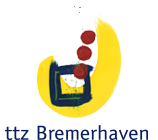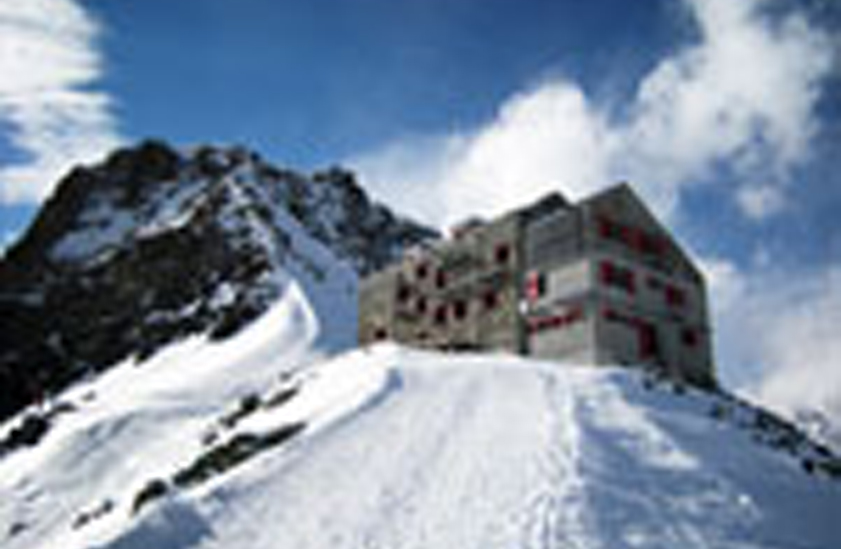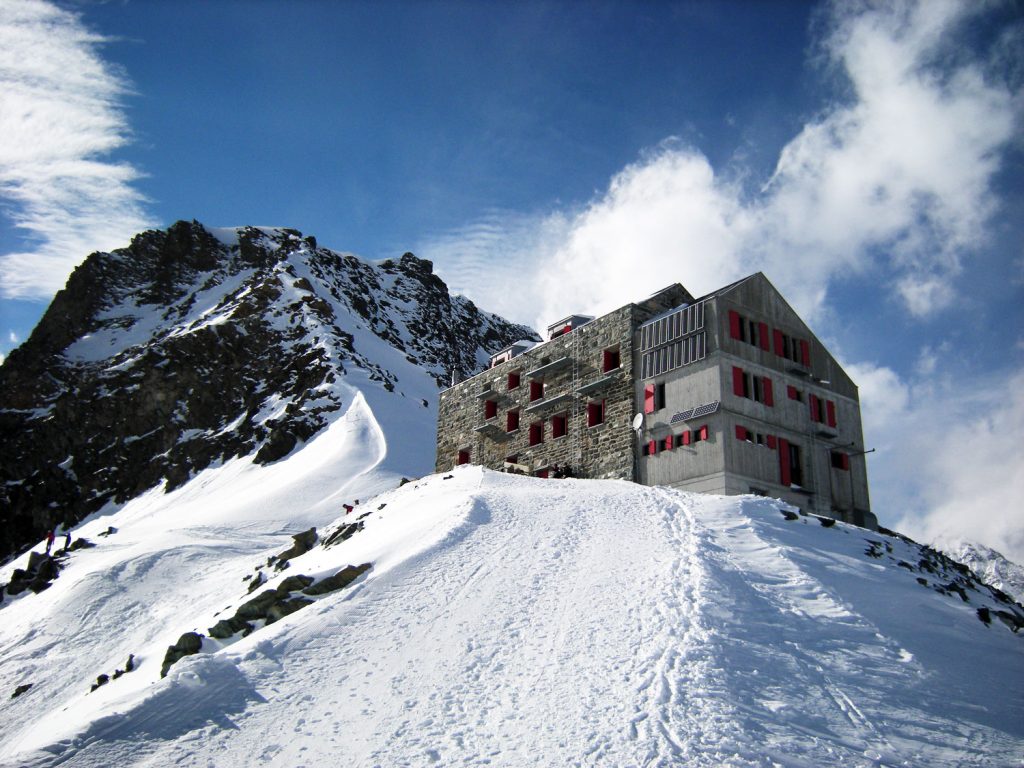In the spring, many individuals put on their walking boots to experience nature far away and in search of a rest from urban life and crowds of people. It is alright if the accommodation on such open-air adventures is a little rustic. Preserving the scenic charm and maintaining the balance of eco-systems, which at high altitudes are particularly sensitive, is also the declared objective of the resort operators. Yet to date it is rather the exception than the rule that the accommodation’s sanitary facilities meet ecological requirements and – despite the limited availability of water and energy – still do justice to guests’ growing need for home comforts. A consortium of equipment manufacturers, research organisations and resort operators has launched the SANBOX project in order to develop sustainable and emission-free sanitary models. The use of raw water for a greenhouse nearby also contributes to easing any bottlenecks in the supply of fresh products.
Bremerhaven, May 2009.The grandeur of mountain peaks or the intensive colours of a lonely fjord outside your hut window, falling asleep with the sound of the Mediterranean’s surf in your ears – the credo of “back to nature” is taking holidaymakers more and more to regions which still appear untouched. For a few weeks, the life of a hermit has its charm and tourist companies cater for unusual wishes too. The operators of these holiday complexes often find themselves in a quandary: Legal regulations for environmental protection and the necessity to keep the ecological footprint to a minimum, in order not to narrow the region’s charm in the long term, demand sustainable sanitary systems. Extreme weather conditions, considerable seasonal fluctuations in visitor numbers and the limited availability of water and energy make the running of such resorts difficult, but holiday guests expect not only a well-functioning infrastructure but increasingly also comfort.
The retrofitting of existing sanitary installations is expensive or has its limitations for energy reasons. Technological progress in recent years is now opening up new possibilities. For example, membrane systems guarantee a high quality of the treated water, yet with a very low energy demand. In the framework of SANBOX, an EU project, wastewater experts from science and research are developing an economical closed-loop system for water treatment and re-use which takes into account different climatic conditions. Through the combined treatment in one system of black water (toilets and urinals) and grey water (bathroom, kitchen, washing), resources are saved and a compact design realised. Solar power is the source of energy for running the vacuum pumps.
The module is basically composed of one unit each for the treatment of the black water and the grey water as well as an evapotranspiration system and the optional greenhouse unit. Researchers from ttz Bremerhaven are faced with the challenge of developing and implementing a novel type of evatranspiration unit. “Such a module for the dewatering and partial hygienisation of black water is currently not available on the market and therefore of particular interest for the participating enterprises” reports Alexander Schank, Project Manager in the Department of Water, Energy and Land Use Management at ttz Bremerhaven.
As an option, all residue from the system as well as the treated water can be fed into a greenhouse as fertiliser or for the irrigation of fruit and vegetables. In this way, a virtually emission-free supply of fresh products such as fruit and vegetables can be ensured: Own cultivation instead of helicopter transport saves fuel, lowers operators’ costs and makes them self-sufficient. In order to take into account various climatic conditions, three different modules are being developed. The alpine model uses additional membrane filters for water treatment, the Scandinavian model uses alternative forms of energy for continuous operation and the model for Mediterranean regions must fulfil specific requirements in terms of investment costs. The systems all have in common the need for functional technical components which guarantee a high level of reliable and safe operation.
The three prototypes are being tested under practical conditions by project partners from the tourist sector in the Alps, on the Mediterranean coast and in Norway. To ensure that it can be expanded by means of additional units in order to increase its capacity, a modular design already forms the basis for the system in the development stage. The capacity of the basic system is dimensioned for accommodation for 15 to 60 overnight guests. Co-ordination of the project is the responsibility of JETS, the Norwegian sanitary specialist. SANBOX is being co-financed by the European Commission with total funding of 1.15 million Euro.
For more information on SANBOX, please see www.sanbox.info.
Picture :
Hikers in the Alps will in future find resorts with sustainably operated sanitary facilities in even the most remote corners of the mountains. An emission-free, closed loop system makes an important contribution to an intact environment.
ttz Bremerhaven is an innovative provider of research services and operates in the field of application-oriented research and development. Under the umbrella of ttz Bremerhaven, an international team of experts is working in the areas of food, environment, health and consulting.





